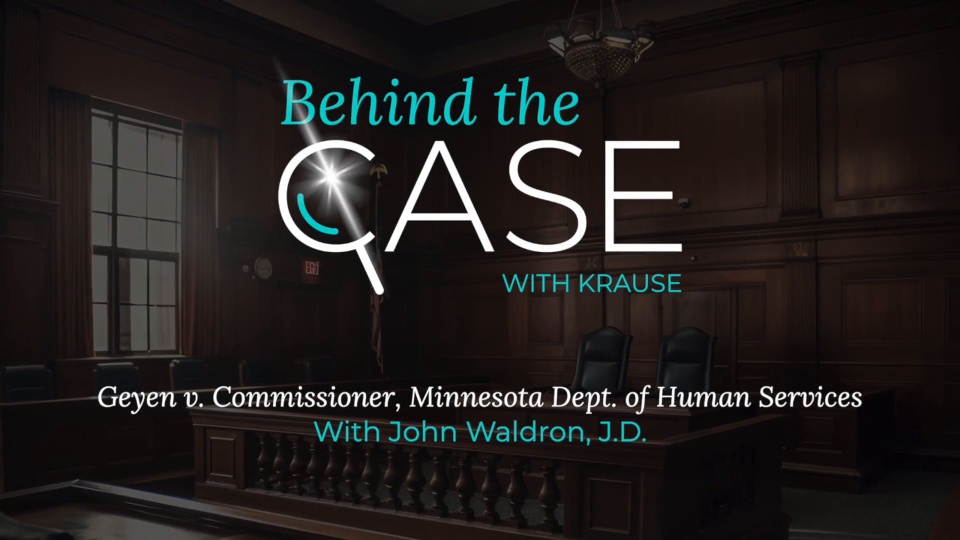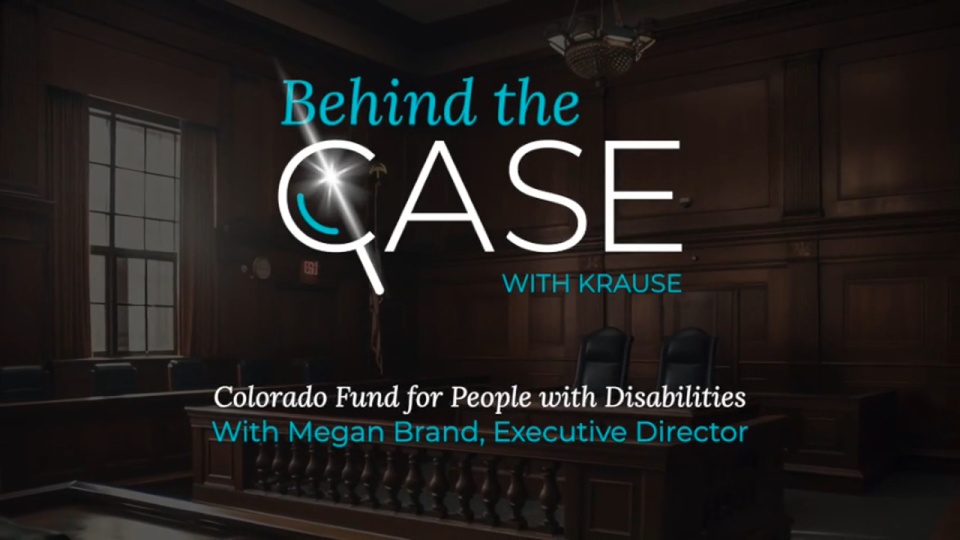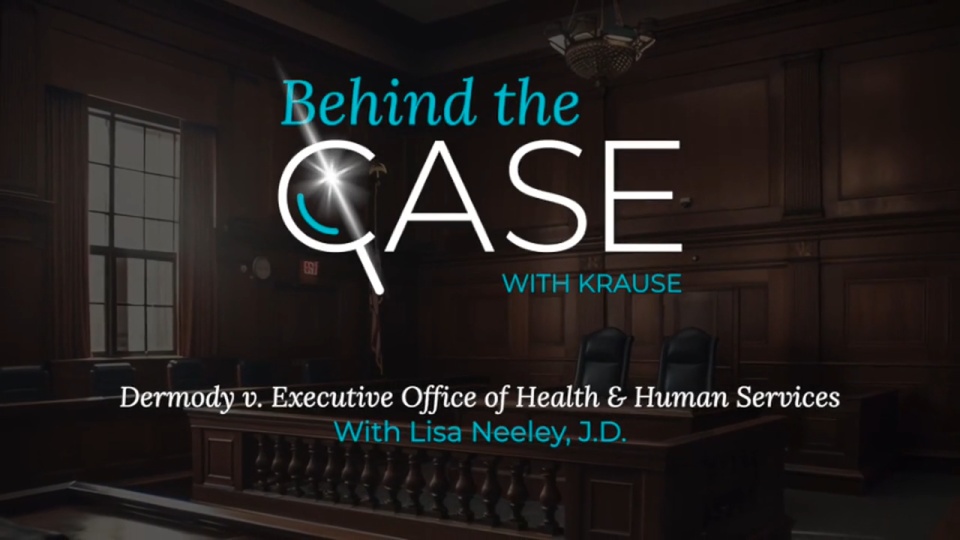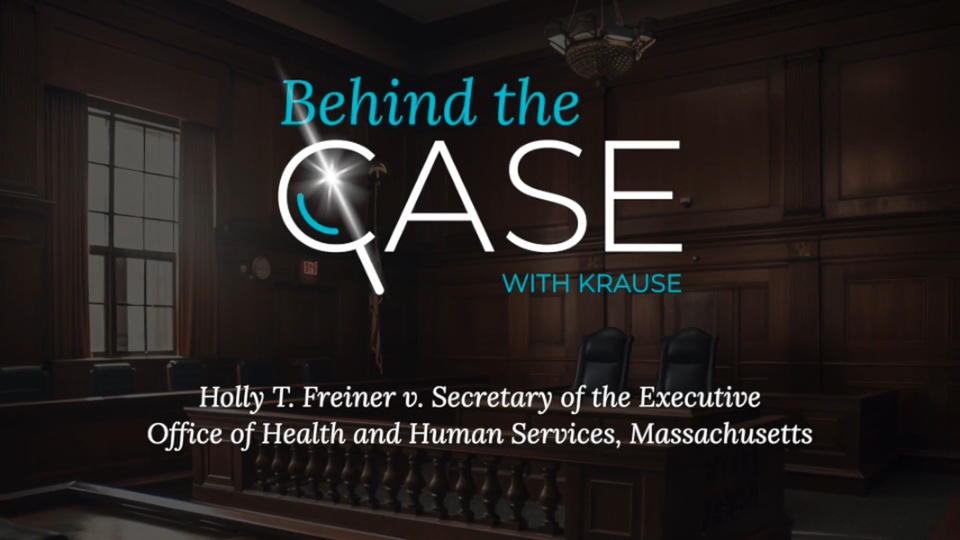Facts:
Natalie Harves at 91 years old executed a number of documents on January 25, 2019. She had three children Karen, Richard and Ann. The first document executed appointed Karen as her Health Care Surrogate and attorney-in-fact and Richard and Ann as successors. The second document executed was a Personal Services Contract which stated she wanted to compensate her children for time and expenses incurred by her children in her care. She estimated that the children had provided $900,000 worth of care since 2011. The Personal Services Contract also allowed the agent under the Power of Attorney to consolidate her assets into trusts. The children then created an irrevocable trust and moved $557,240 of assets to the trust for which they were trustees. The trust stated that property could be transferred to the trust for health care assistance and “curtailed” Natalie’s interest in the property.
Natalie then applied for Medicaid nursing home benefits in May. The agency denied her benefits stating that the assets were still available to her and she had too many resources to qualify. She appealed and was denied by the ALJ and district court.
Issue:
Did the agency properly conduct its analysis of the asset availability in the irrevocable trust pursuant to 42 USC 1396p in issuing its denial?
Holding:
The Appeals Court determined that the agency did not conduct the proper analysis. The court stated that the agency must first determine if the assets were available under 42 USC 1396p(d)(3). First, that the assets of the individual were used to form all or part of the corpus of the trust. Second, the trust was established by a person with legal authority to act on behalf of the grantor. Third, are there any circumstances under which payment from the trust could be made to or for the benefit of the individual.
The ALJ concluded that the first two elements of the subsection (d) were met but did not conduct an analysis of the third “any circumstance” test. The ALJ also did not make any mention of that element or discuss any language from the trust agreement that might satisfy it nor did the trial judge. Therefore, the appellate reversed the trial court’s denial for judicial review and remanded the case to be reconsidered by the agency.
You can view the full case holding here.




